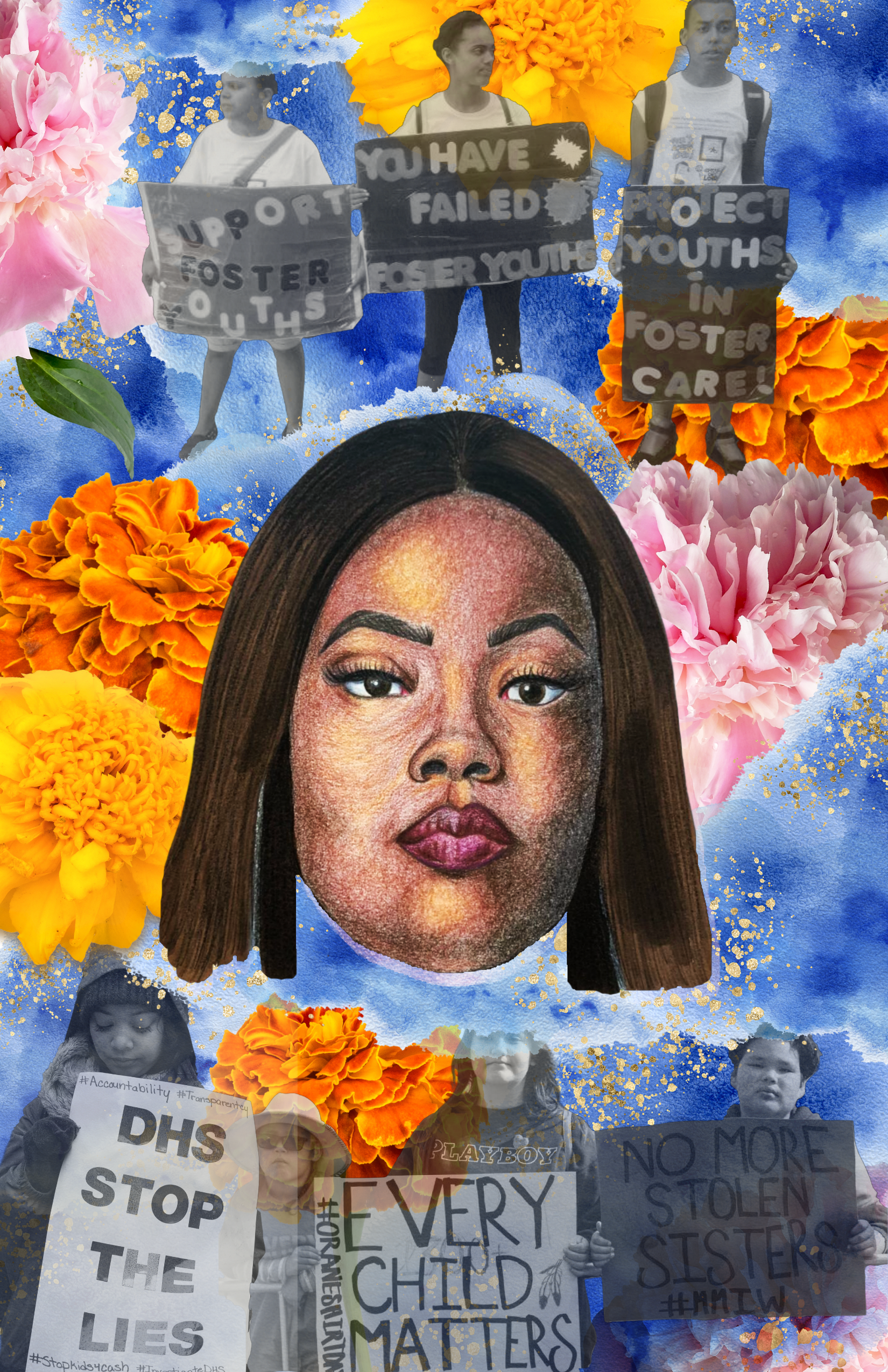From Foster Care to the Streets: A Call to Support Black, Indigenous, and LGBTQ+ Youth in Foster Care
Main Article Content
Abstract
The modern United States (U.S.) foster care system’s history is steeped in racism, violence, and oppression. Today, Black, Indigenous, and LGBTQ+ youth are overrepresented in the U.S. foster care system and have fallen victim to its oppressive practices. For many marginalized youths, running away from foster care is perceived to be a more viable option than continuing to endure discrimination within the system despite the high risks of homelessness, unstable housing, human trafficking, sexual exploitation, and other dangers associated with elopement. For the purposes of this article the term elopement will be used to refer to runaway behavior. This article seeks to illustrate how the oppressive legacy of the foster care system preserves the status quo by disintegrating and retraumatizing Black, Indigenous, and LGBTQ+ communities. The author explores the impacts of foster care on the micro and meso levels, critiques current policy practices, and offers alternative perspectives for social workers to create a more just and genuine child welfare system.
Keywords: foster care, child welfare, elopement, racism, Black youth, Indigenous youth, LGBTQ+ youth
Article Details

This work is licensed under a Creative Commons Attribution 4.0 International License.

